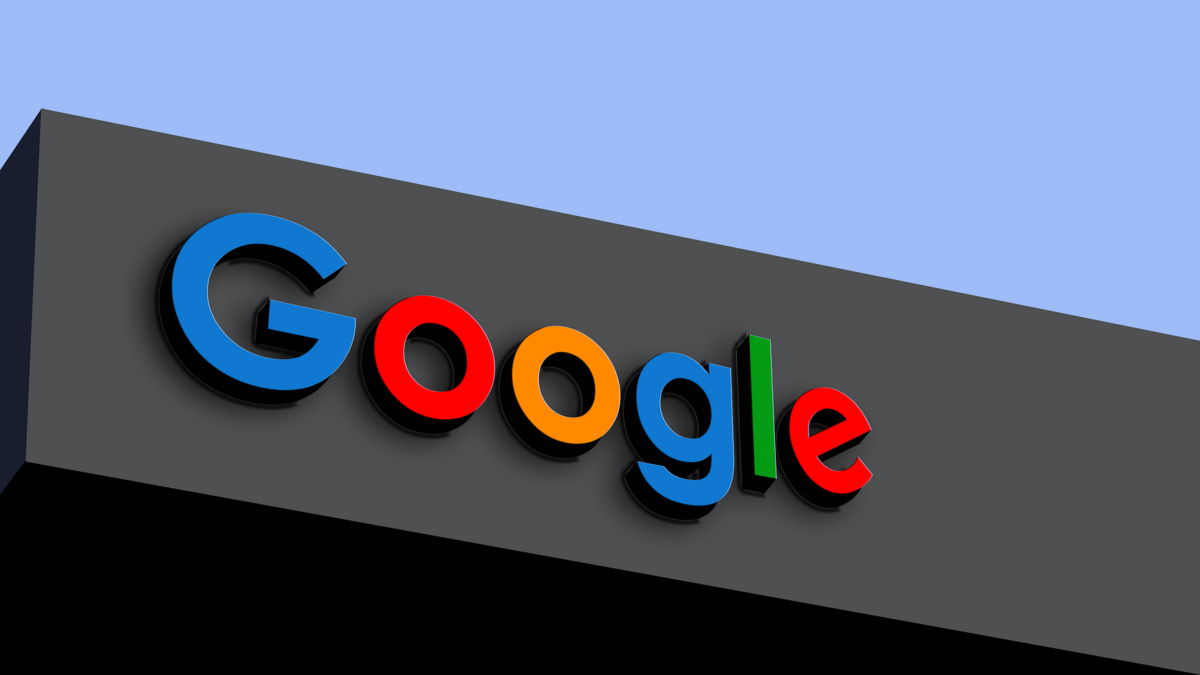
An Ohio court delivered a blow to Google this week.
The court ordered Tuesday that the state’s lawsuit arguing Google is a common carrier may proceed. The suit alleges that Google unfairly discriminates in search results against competing companies.
In its complaint, the state requested the court declare Google Search a “common carrier” and enjoin it from prioritizing its own products like Google Flights, Google Maps, or Google News in search results without giving the same opportunity to other companies. The state also requested the court to declare Google Search a public utility.
Adam Candeub, an attorney who filed an amicus brief in the case supporting the state of Ohio, told The Federalist a common carrier is “a type of network industry that plays an essential role or function in transportation or communications.” Candeub, a law professor who worked in the Trump administration, is an expert in telecommunications and internet law. He served as an expert witness for the state of Texas in a lawsuit over H.B. 20, a bill aimed at curbing political censorship.
Google filed a motion to dismiss the state’s complaint, saying Google Search is neither a common carrier nor a public utility, and further claiming that regulating it as a public utility would violate Google’s freedom of expression under the First Amendment and the Ohio Constitution.
In the order on Google’s motion, Judge James P. Schuck of the Delaware County, Ohio, Court of Common Pleas said Google is not a public utility and granted Google’s motion to dismiss that portion of the case. But he allowed the rest of the case to continue, saying the state had “stated a cognizable claim … that Google Search is a common carrier.”
“Google said that as a matter of law it could not be a common carrier. The court rejected its best legal arguments and is open to showing that Google is a common carrier,” explained Candeub. “Whether it is a common carrier is a question of fact,” he said. “And, now we’ll have a trial to find out.”
Clare Morell, a policy analyst at the Ethics and Public Policy Center, said this is the first time a court in the U.S. has ruled a Big Tech company could be a common carrier.
While the court could still rule that Google is not, in fact, a common carrier, Morell said this finding is significant, especially in light of Texas H.B. 20, which declares social media platforms to be common carriers. Morell said a decision from the Supreme Court is pending on whether H.B. 20 may take effect while litigation is in process.
“Just seeing this Ohio case have this positive kind of initial opinion on the motion to dismiss could be a helpful influence on the Supreme Court and what they decide to do about the Texas law,” Morell said.
As of press time, Google’s attorneys had not responded to a request for comment.









